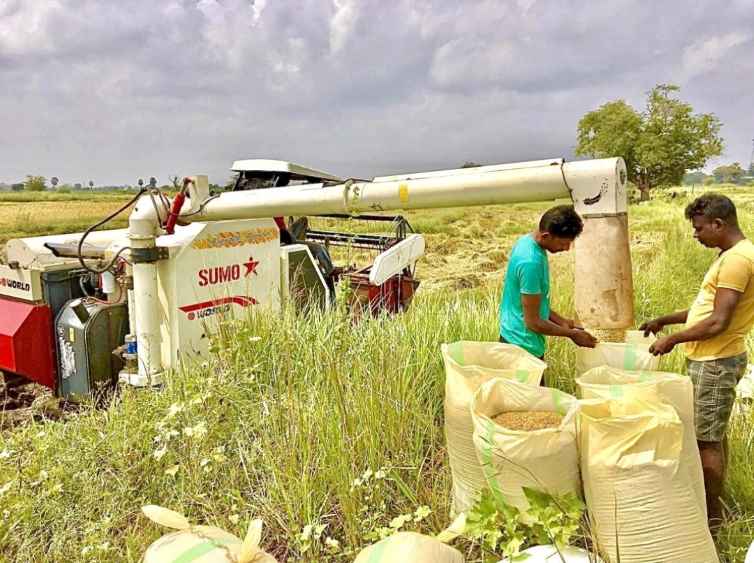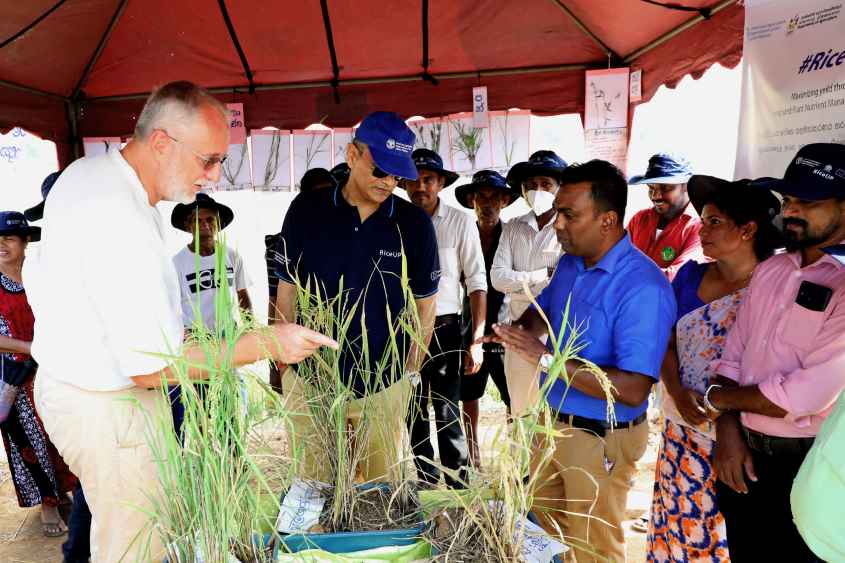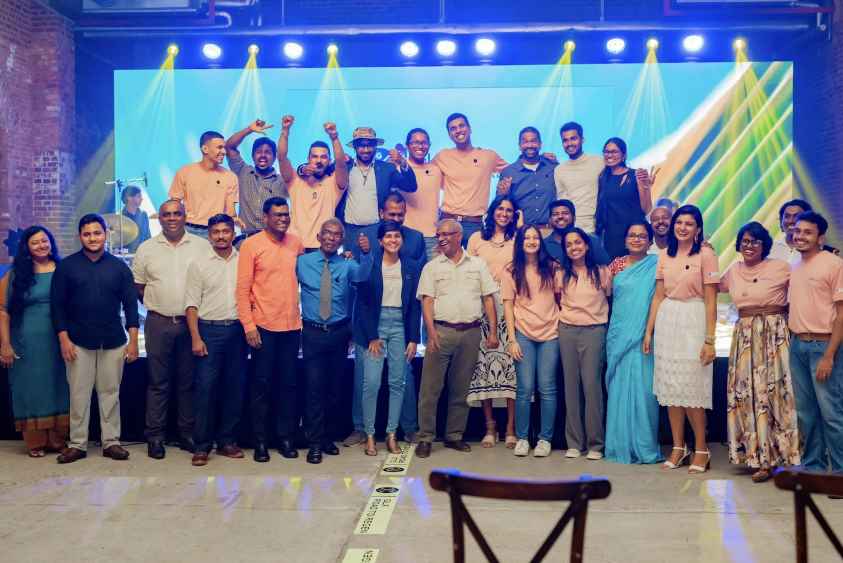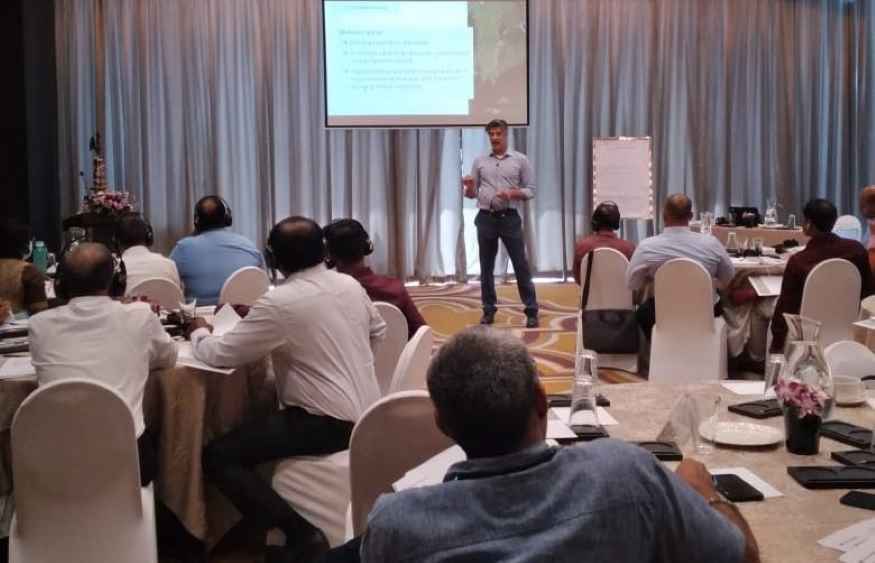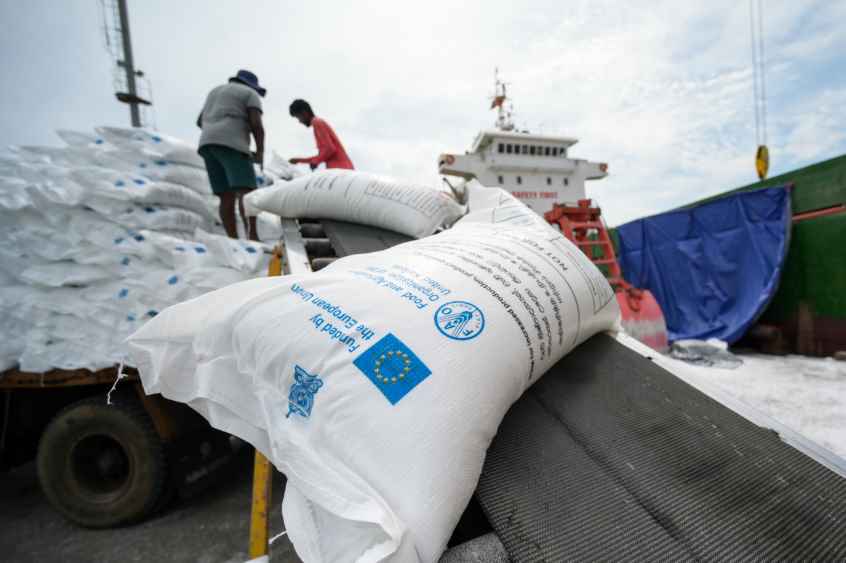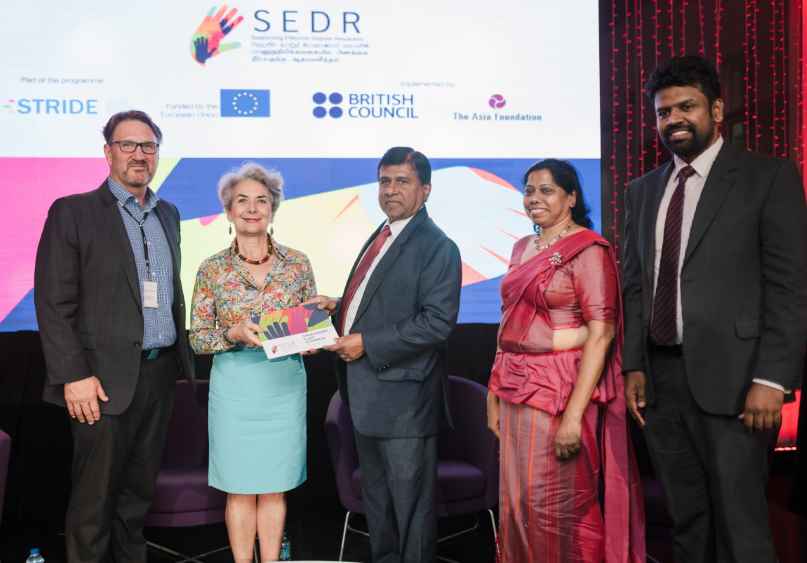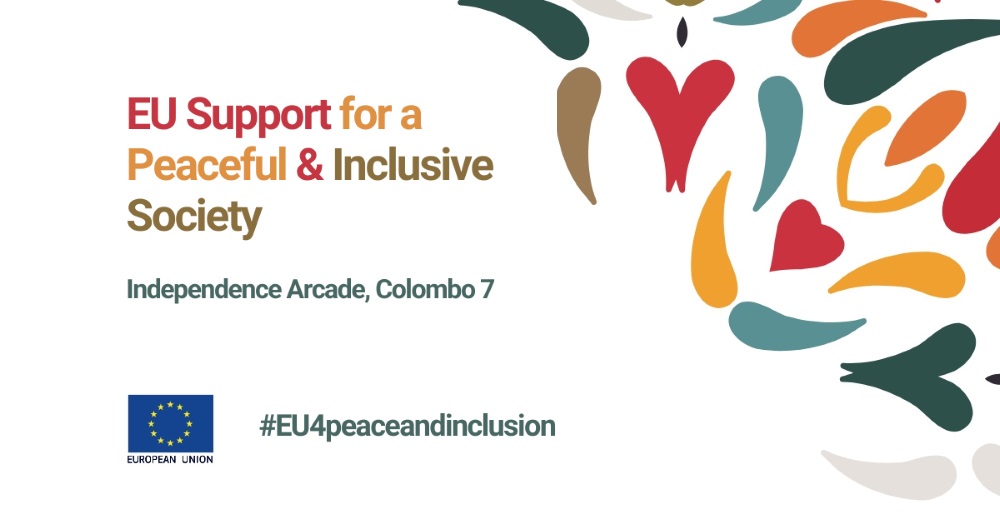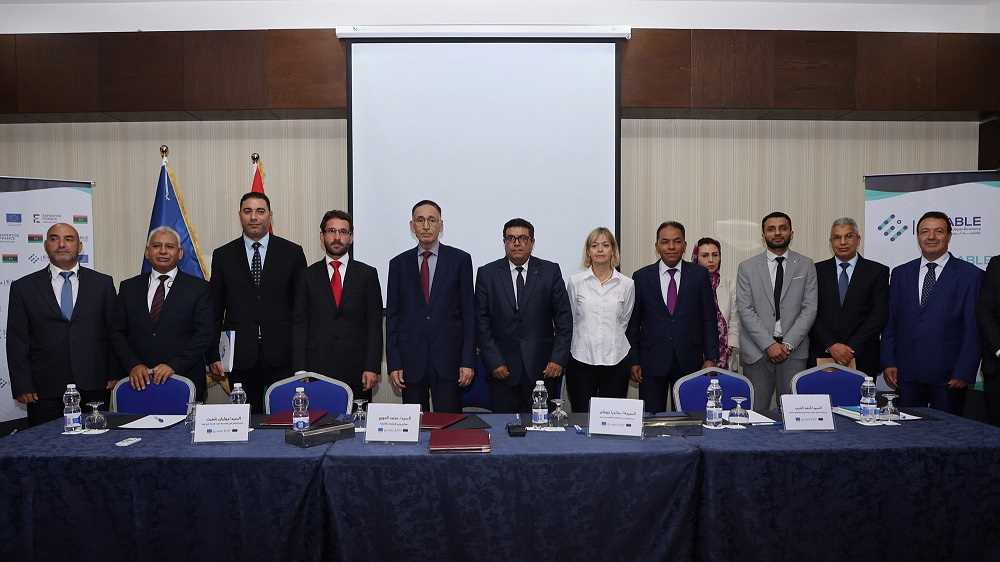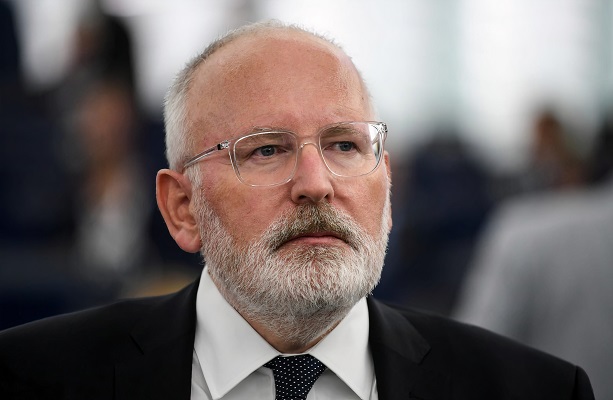The financing aims at supporting the company to keep providing financial services to the agricultural sector, especially via their agricultural machinery leasing product.
Brussels, Belgium & Sri Jayawardenepura Kotte, Sri Lanka – 25 April 2024 – AgriFI, the EU funded Agriculture Financing Initiative, managed by EDFI Management Company, announced today a USD 3 million loan to Sarvodaya Development Finance PLC (SDF), a leading Licensed Finance Company (LFC) in Sri Lanka aiming at developing rural areas. This investment rolls out the principle of the Global Gateway in Sri Lanka, which is Europe’s strategy to better connect the world and to create the proper conditions for attractive investment opportunities.
Carmen Moreno, the Ambassador of the European Union to Sri Lanka, added: “The European Union is delighted to support this groundbreaking investment through our AgriFI program. Empowering Sri Lankan farmers, especially women, is vital for the country’s economic recovery and to increase food security. We are optimistic that this initiative will serve as a catalyst, attracting further investments and fostering growth in Sri Lanka’s agricultural sector.”
Rodrigo Madrazo, CEO of EDFI Management Company, which manages AgriFI, stated: “We are proud to support SDF in its mission to empower Sri Lankan farmers. This investment aligns perfectly with AgriFI’s goal of promoting financial inclusion and innovation in the agricultural sector.”
By providing access to agricultural machinery, SDF is enabling farmers to increase their productivity and profitability, contributing to a more resilient and sustainable food system in Sri Lanka.
Channa de Silva, Chairman of SDF said: “Sri Lanka’s agricultural sector is a cornerstone of the country’s economy, employing a significant portion of the workforce and contributing heavily to GDP. Despite its importance, challenges such as limited access to finance and modern equipment hinder productivity and growth. This financing from AgriFI aims to address these challenges by supporting SDF’s growth in its agricultural portfolio, particularly its innovative agricultural leasing product”.
Nilantha Jayanetti, CEO of SDF added: “This investment from AgriFI is a significant milestone for SDF and Sri Lankan farmers which will allow us to keep developing our agricultural portfolio while offering farmers the appropriate conditions to grow their yields and businesses.”
SDF’s leasing product allows farmers to access essential agricultural machinery, such as tractors and harvesters, at affordable rates through a leasing scheme. By becoming owners of this equipment, farmers can significantly improve their yields and overall income, driving growth in Sri Lanka’s rural economy.
Robin Boereboom, Senior Investment Officer at AgriFI, concluded: “SDF has demonstrated remarkable resilience throughout the country recent crises, keeping a focus on the villages’ economy and agriculture. Their commitment to rural financial inclusion, particularly for women farmers, is outstanding. AgriFI’s financing will not only strengthen SDF’s agricultural offering, but also keep improving livelihoods in rural areas.”



